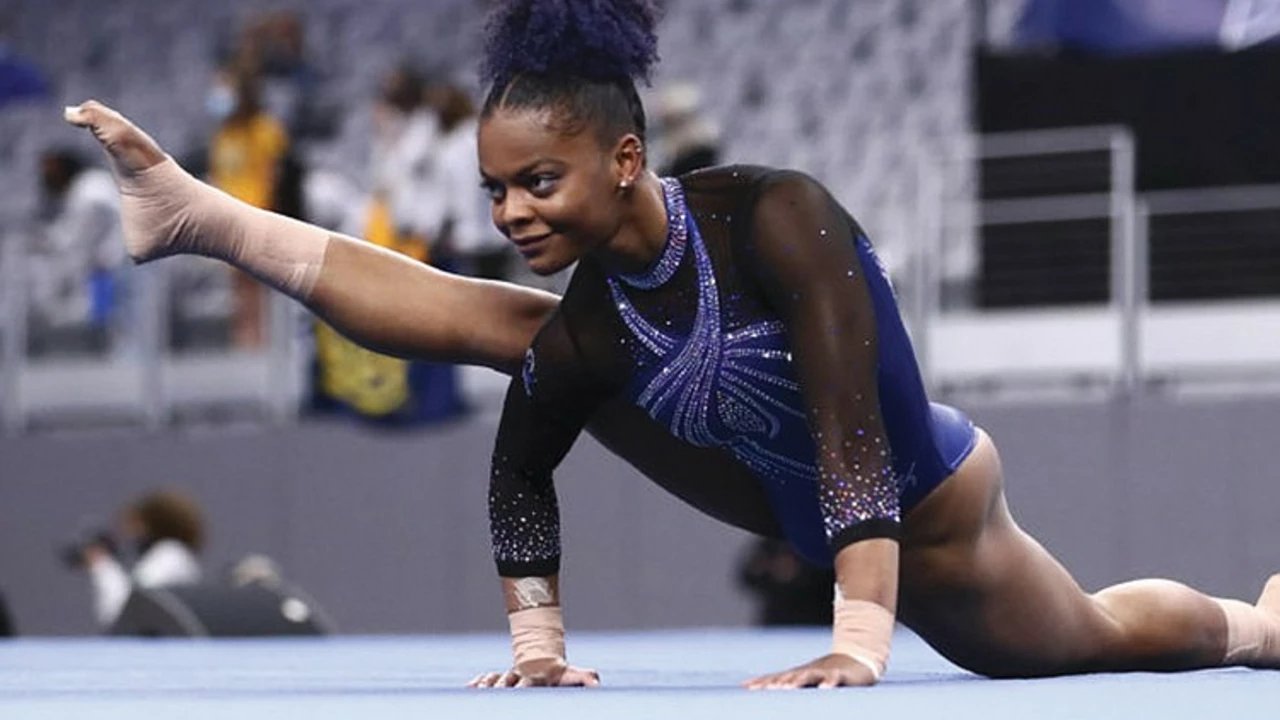NCAA Sport: Latest News, Scores & Insights
When talking about NCAA sport, the organized competition among U.S. colleges and universities across a wide range of athletics, you’re really looking at a massive ecosystem. It includes college football, the fall‑season showdown that drives millions of viewers each Saturday and college basketball, the winter sport that peaks with the March Madness tournament. These two pillars shape fan culture, media coverage, and even campus life. NCAA sport also relies on strict eligibility rules, recruiting pipelines, and championship structures that keep the competition fair and exciting.
How the Pieces Fit Together
First, NCAA sport encompasses a range of divisions and conferences, each with its own budget, scholarship limits, and media deals. That means a mid‑major football program can have a very different revenue model than a Power Five school, but both follow the same eligibility guidelines that dictate who can play. Second, the seasonal flow creates natural links: college football’s regular season feeds into bowl games and the College Football Playoff, while college basketball builds momentum toward conference tournaments and the iconic March Madness bracket. Recruiting is the lifeblood here—high school athletes sign letters of intent, and coaches balance scholarship caps with talent needs. The more a program excels at recruiting, the stronger its chances in the postseason, which in turn boosts TV contracts and school exposure.
Lastly, student‑athlete eligibility influences every level of college sports, ensuring athletes meet academic and amateurism standards set by the NCAA. Recent rule changes, like the Name, Image & Likeness (NIL) policy, have reshaped how schools approach scholarships and marketing. These shifts affect fan engagement, sponsorship deals, and even the competitive balance across the nation. Below you’ll find a curated mix of articles that dive into game‑day moments, policy updates, and the stories that define today’s NCAA sport landscape.
What happens when you quit from an NCAA sport?
Deciding to quit an NCAA sport can have varied personal and academic consequences. The immediate impact is the potential loss of an athletic scholarship, a significant blow for those relying on it for tuition. Along with this, there's the emotional toll from leaving a team and the sport you loved. There's also a shift in your daily routine, as the grueling training sessions and competitions are no longer there. However, it can also present an opportunity to explore other interests and passions.
